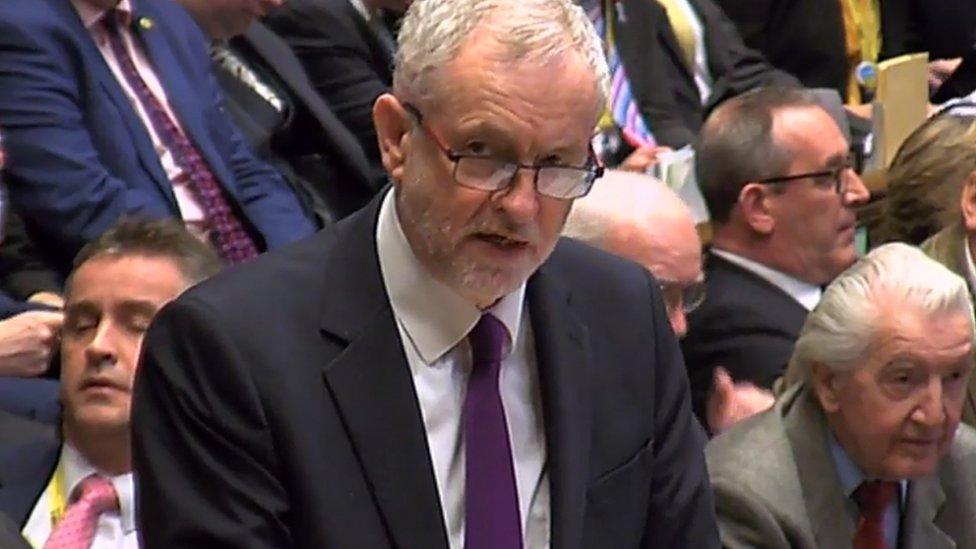Hammond: Budget National Insurance rise due to 'new challenges'
- Published
- comments
Chancellor Philip Hammond defends his changes on Today
Chancellor Philip Hammond says National Insurance is being increased for self-employed workers because of "new challenges" the government faces.
Mr Hammond is facing a backlash against the Budget announcement, which breaks a 2015 manifesto pledge on tax rises.
He insisted ministers had honoured a "broad commitment" not to raise taxes.
Labour urged the government to "think again" on the change, which will mean 1.6 million people paying £240 on average more every year.
Shadow chancellor John McDonnell said his party could join forces with rebel Conservatives who say the increase does little to encourage enterprise and risk-taking.
Wales minister Guto Bebb told BBC Radio Cymru he believed the party should apologise to voters for breaking their manifesto pledge. He said, speaking in Welsh, "I will apologise to every voter in Wales that read the Conservative manifesto in the 2015 election."
Fellow Conservative, Stephen McPartland MP, described the measure as "unacceptable", saying it sent out the wrong message to ordinary working families. He appealed to the chancellor to do a "U-turn" quickly before a manifesto promise was broken.
But Mr Hammond defended the move in an interview with BBC Radio 4's Today programme.
Asked about the Tories' pre-election pledges not to increase National Insurance, he said: "There was a broad commitment to lock taxes so there would be no tax increases. That's what we have done."


As chancellor, Mr Hammond said he was "working in an extremely constrained environment" where most taxes could not be increased and spending in many areas was ring-fenced.
The government, he said, faced "some new challenges which we have to rise to".
Referring to the extra £2bn committed to adult social care in the Budget, he said: "We have to pay for these things somehow."
The government says self-employed people now have much the same pension and benefit rights as those in employment, so the disparity in National Insurance rates can no longer be justified.
What David Cameron said about National Insurance during 2015 election
The chancellor announcing the rise in National Insurance for self-employed
Mr Hammond added: "What I think we have done now is get the relationship between employed and self-employed National Insurance contributions into a fairer place."
Some Conservative MPs have questioned the change, and Mr Hammond said that while he was "always prepared" to listen to backbench MPs: "We have made a decision here to make the National Insurance system a little bit fairer."
The Conservatives' last general election manifesto explicitly ruled out rises in National Insurance, VAT and income tax during the lifetime of the current Parliament
During the campaign, the then Prime Minister David Cameron continually repeated the commitment in public and contrasted it with the "jobs tax" which he said people could expect if they elected a Labour government.
But speaking in October, after Mr Cameron's resignation as prime minister, one of his former advisers, ex-head of strategic communications Ameet Gill, called it "probably the dumbest economic policy" possible.
Mr Gill said the pledge had been made up "on the hoof".

What is National Insurance?
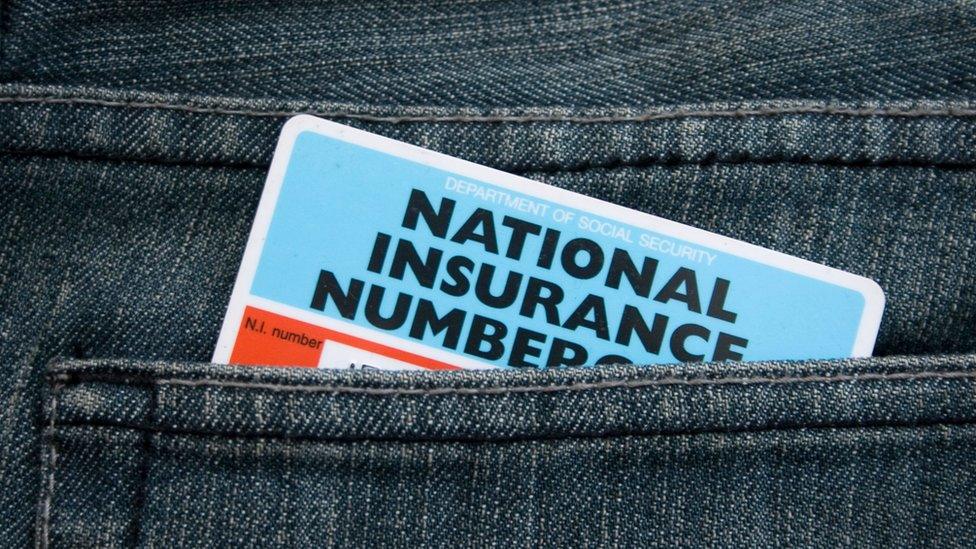
National Insurance contributions go into a fund that pays for the state pension and some other benefits
They also help pay for the NHS
National Insurance is deducted automatically from employees' salaries
There are different classes of National Insurance payments, depending on people's employment status and how much they earn
The self-employed currently pay a lower rate than those in employment
The government says this was traditionally down to a lesser entitlement to benefits and pensions, but that these disparities have mostly been removed, so the difference in rates is unfair
But critics say it is justified because self-employed people are not entitled to things like paid holiday and sickness leave

In the wake of Mr Hammond's Budget announcement, ministers argued that legislation enshrining the manifesto commitment in law - approved by Parliament in 2015 - only referred to National Insurance contributions paid directly by employers and their employees.
Mr Hammond told BBC Breakfast that "no-one had objected" when this legislation made clear the "no increases" pledge did not include NI rates for the self-employed.
Asked about the manifesto pledge during a press conference, Health Secretary Jeremy Hunt said: "The government made a clear promise and we didn't just honour that promise, we legislated in Parliament to honour that promise and we made clear during the passage of the legislation exactly what we were talking about when we made that promise."
Wednesday's changes would see the 9% rate of Class 4 National Insurance contributions currently paid by those self-employed people earning between £8,060 and £43,000 go up to 10% in April 2018 and to 11% in April 2019.
Labour accused the government of "breaking their promises" and "clobbering" the self-employed while the Lib Dems and UKIP also criticised the move.
Shadow chancellor John McDonnell told BBC Breakfast there was a "general sense of unfairness" and said he was "hoping that we'll be able to persuade the chancellor to back off from this".
He said: "Certainly the Labour Party will oppose this. I think other parties will as well. We may be able to persuade enough Conservative MPs to ask the chancellor now to think again."
Mr McDonnell said the policy would hit "middle and low earners in particular".
There will be no U-turn on National Insurance, David Gauke tells Newsnight's Evan Davis
Other Conservatives to voice concern included ex-Tory leader Iain Duncan Smith, who told Sky News it should be kept "under review", and Anne-Marie Trevelyan, who told the BBC the chancellor was "going in the wrong direction".
Several other Tory backbenchers intervened in Wednesday's Budget debate to question the policy.
There has also been a backlash from business with the Federation of Small Businesses saying it "undermined" the government's ambition for the UK to become the best place to start and grow a business.
MPs who are opposed to the National Insurance rise will have the chance to vote against it when legislation to make the change comes before the Commons.
Sources said the government would include it in a bill making a separate National Insurance change which will help low-paid self employed people.
In his first Budget, Mr Hammond also announced a £2bn cash injection for social care services in England, and £345m in help for firms hit by business rate rises across England.
Mr Hammond acknowledged the care system was under pressure with an ageing population, and said the new £2bn for services in England over the next three years would allow councils to "act now to commission new care packages".
He also said the government would set out the options for long-term funding of the social care system later in the year - although these would not include a "death tax".
- Published8 March 2017
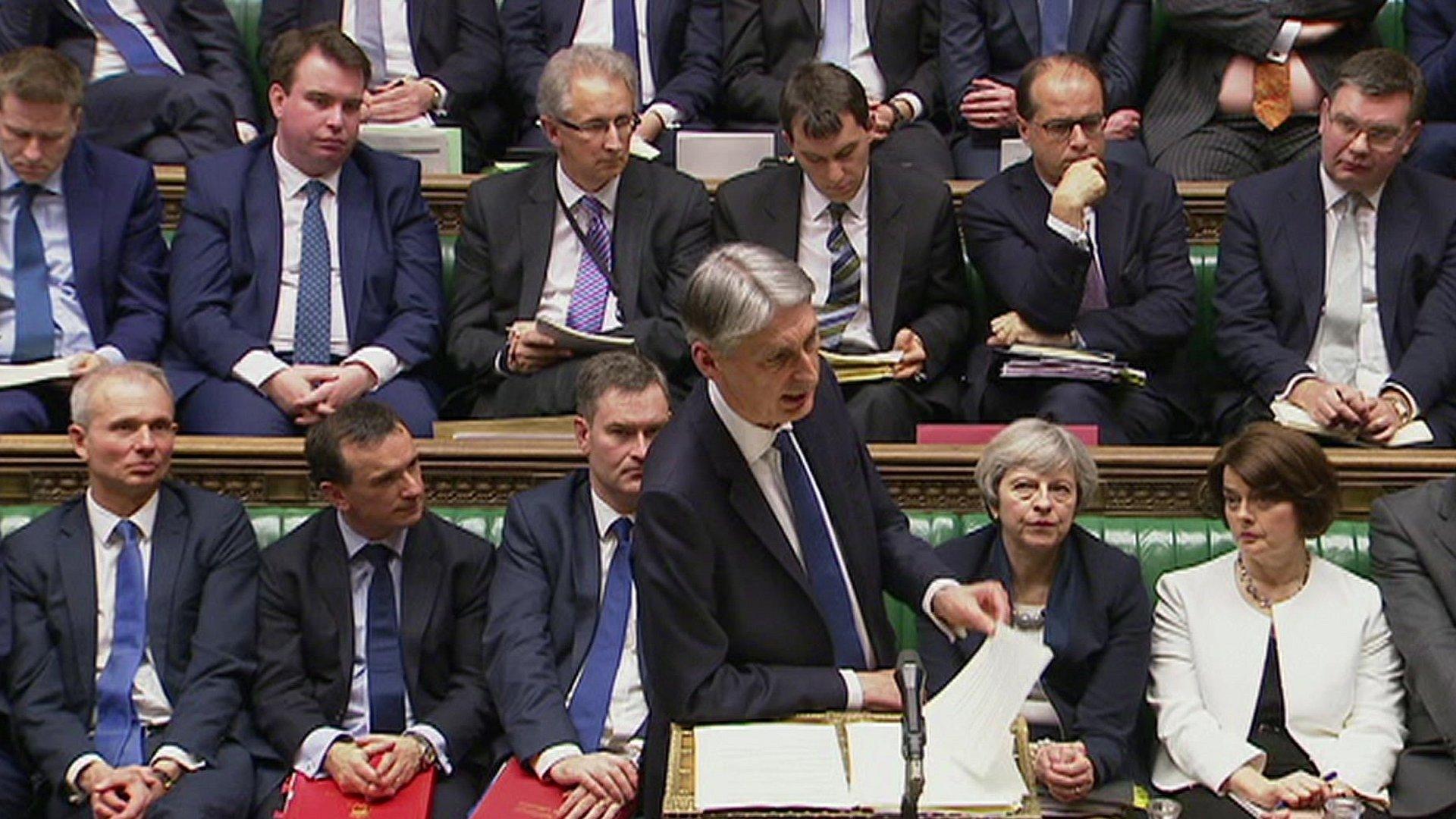
- Published8 March 2017
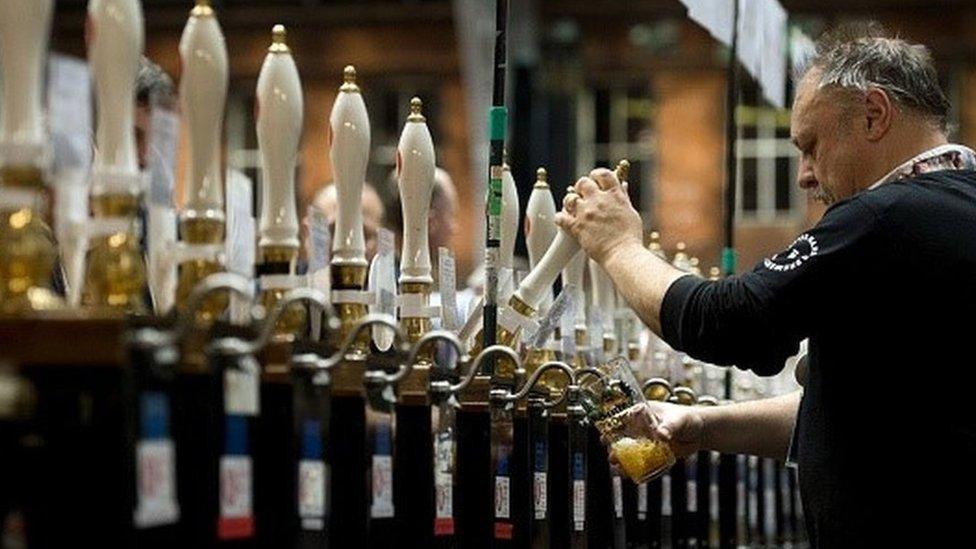
- Published8 March 2017
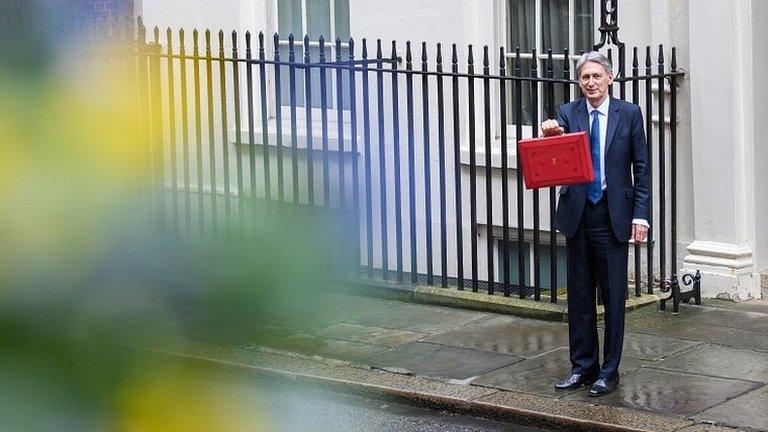
- Published8 March 2017

- Published8 March 2017
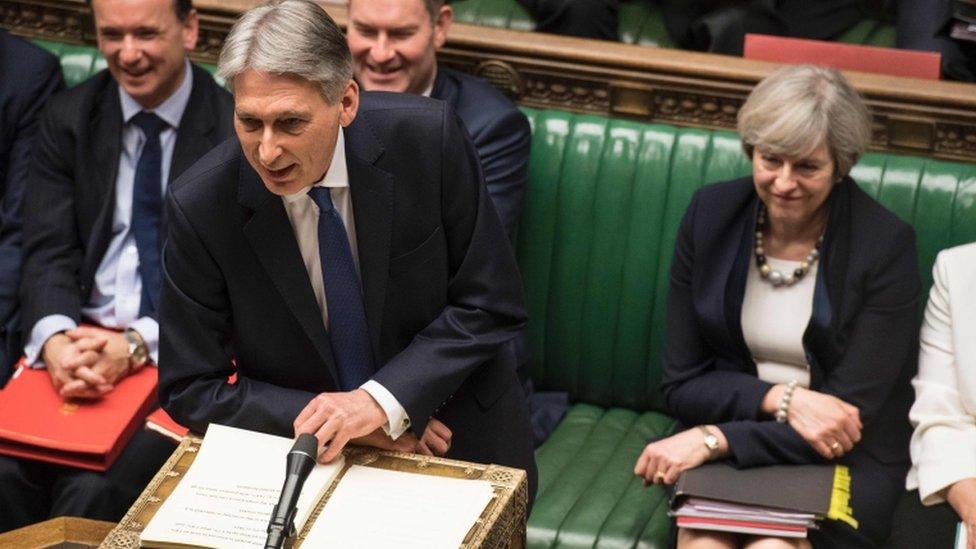
- Published8 March 2017
- Published8 March 2017
